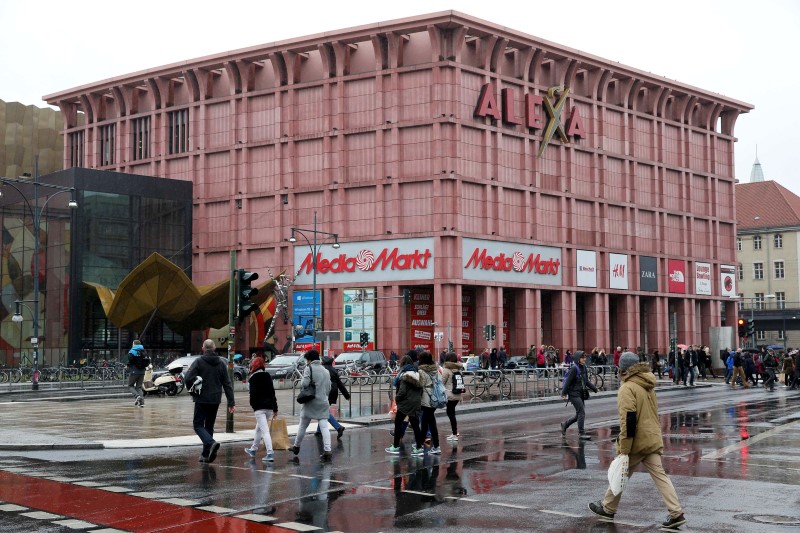By Scott Kanowsky
Investing.com -- Consumer prices in the Eurozone touched a new record high for the twelfth straight month, according to a flash estimate from the European Union's statistics office, driven by a continued spike in energy costs.
Annual inflation in the currency area jumped 10.7% in October, rising from the prior level of 9.9% and above economists' estimates of 10.2%.
Energy prices surged by 41.9% during the month, as tensions remain over the supply of key westward Russian gas flows into Europe, following the outbreak of the war in Ukraine. Prices for food, alcohol, and tobacco also increased by 13.1%.
Meanwhile, core inflation, which extracts volatile items like energy and food, came in at 5.0%, up from a previous reading of 4.8% and also above estimates.
Knock-on effects from this soaring inflation have led economists to predict that the Eurozone will dip into a recession this year, while businesses have shown signs of pessimism about the outlook.
Economic growth in the Eurozone unexpectedly slowed sharply in the third quarter, according to flash data from Eurostat also released on Monday. Seasonally adjusted gross domestic product inched up by 0.2% compared to the previous three-month period, down from 0.8% in the second quarter and below estimates for an uptick of 1.0%.
The euro fell against the U.S. dollar in morning trading and moved only slightly after the dip in.
The figures come after the European Central Bank increased interest rates by 75 basis points last week for a second straight consecutive policy meeting and flagged that there will likely be more hikes in the coming months as it looks to bring price growth back down to its 2% medium-term target.
ECB president Christine Lagarde has prioritized price stability but said that the actions may weigh on economic activity. At a press conference last Thursday, Lagarde warned the chance of a recession in the Eurozone is becoming greater.
